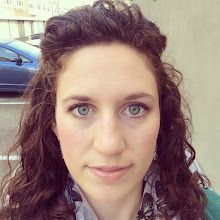
I am a tea drinker, not a coffee drinker. Some are often surprised as I was a barista for nearly two years. One of my favorite tea beverages is yerba mate. The plant, Ilex paraguariensis, is grown in the Amazonian rainforest of Argentina, Paraguay, Uruguay and Brazil. Unfortunately, with the deforestation of the rainforest, the area where yerba mate is grown is rapidly shrinking.
One of the leading vendors of the drink, Guayaki, has a unique business plan. As the company grows, they invest in reforestation of the rainforest. This is not only in the best interest of company stakeholders, but also in the sustainable interest of the company, as it is dependent on the continued supplies of the leaves.
Have you heard of any businesses with similar programs, either reforestation, other environmental replenishment programs, or social sustainability initiatives? If so, I would love to hear about it!







